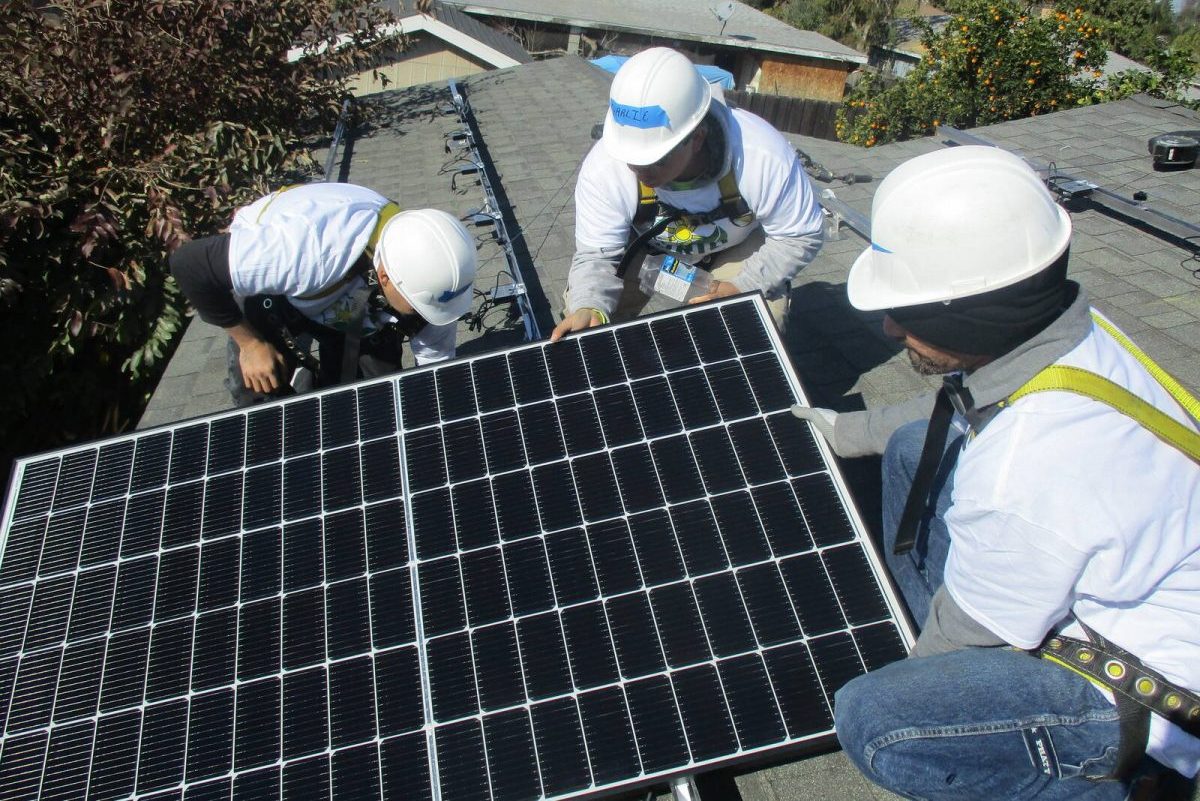Climate change is affecting California as it has never been before. Wildfires are becoming more common and severe, droughts are becoming more prolonged and more powerful, and temperatures increase. However, California is taking steps.
California, which has long been a climate pioneer, has raised its goals. Gov. Gavin Newsom has fast-tracked the state’s aim of decarbonizing the economy, setting a new plan requiring zero-emission sales of all new passenger vehicles by 2035.
California has created a rooftop solar policy for new homes. More than 30 counties and communities have set their own ambitious renewable energy targets.
With the passage of the Buy Clean California Act, California has intended to help accelerate the broader decarbonization of manufacturing supply chains beyond its borders.
State agencies would be required to consider embodied supply chain carbon emissions when purchasing glass, steel, and thermal insulation for buildings under this program. Leading private-sector businesses are now working to make their supply chains more sustainable.
California now has a second-man advantage. With that said, the state works may decarbonize its network, transportation, and housing. As a result, it may decarbonize another manufacturing supply chain: solar energy.

